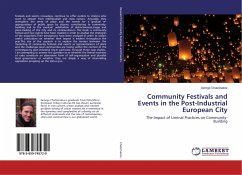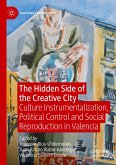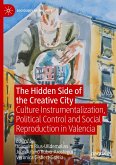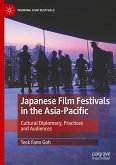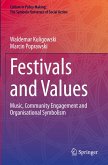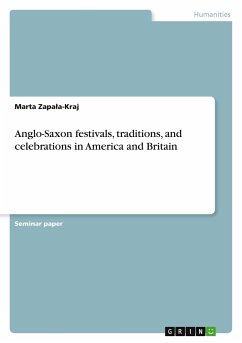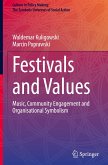Festivals and events nowadays, continue to offer outlets to citizens who want to abstain from individualism and mass culture. Arguably, they strengthen the sense of place and the trends for a gradual re-appropriation of public space by citizens; contributing to community-building and to the constant redefinition of distinctiveness,image and place-making of the City and its communities.In this book a community festival and two events have been studied in order to analyse the strategies of the organisers.Their perceptions have been analysed in order to obtain useful conclusions on whether their impact is evident throughout the year.The aim of the research is to explore the tension between the marketing of community festivals and events as representations of place and the challenges local communities are facing within the context of the contemporary post-industrial city.In particular, through three case studies, I am attempting to answer the question as to whether the liminal inversion of rules constitute an alternative form of self-organization and pluralist local governance or whether they are simply a way of channelling opposition propping up the status quo.

